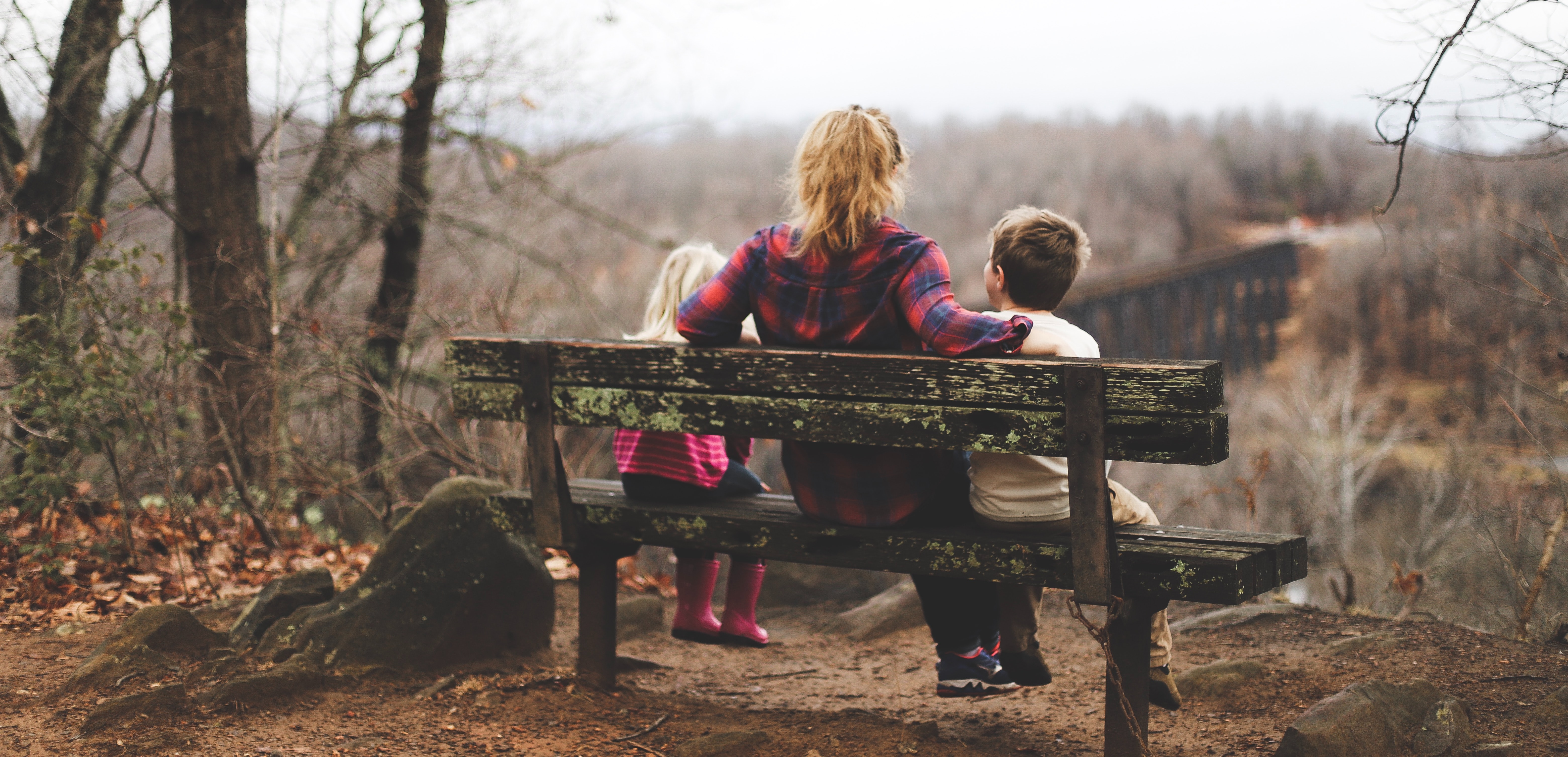How to talk to kids about big events and scary things

Monsters under the bed, strangers, and things they hear as their parents are watching the news, or things they may see in their community such as natural disasters or violent events can sometimes scare children. As parents, many of us are uncomfortable with how to best address these events, and want to avoid or change the subject when asked about uncomfortable things. It is important to remember that our younger generation learns from us, so we should address these topics with them at a level they understand. We want to help our children reduce levels of fear.
This year, we’ve experienced many events worldwide that have tested our resilience. Naturally, kids have also been exposed to these experiences and want/need to express their feelings and emotions around these various events. Being able to respond to and provide needed support while trying to manage you own feelings can be challenging.
When we hear bad things, it can cause internalized anxiety. Internalized anxiety can feel like being sad, lonely, afraid, unwanted or unloved and can lead to mental health problems including anxiety and depression. It can cause children to become withdrawn or not want to socialize with others. You may see increased irritable behavior or nervousness. By understanding that your children may be experiencing a wide range of feelings, and being prepared to help them express those emotions, you are helping prepare them to deal with things in the future, and reducing the risk that they will continue to internalize these feelings.
Below are some tips on talking with our children when they come to us with their concerns regarding events and scary things they are experiencing:
- Be thoughtful about the topics you bring up
- Confront your own feelings first. Give yourself time to process the event prior to sharing with your children
- If your child brings up a big topic, don’t avoid it. If they are asking, chances are they have heard or seen something that made this forefront in their mind. Many kids hear things from others (friends, teachers, etc) before they come to you
- Listen to their fears and talk about it at their level of understanding, not yours.
- If they ask questions, clarify what your child is asking. Sometimes children ask one question, but are really trying to understand a deeper issue, and sometimes the same question is surface level. Make sure you know where your child is at so you can respond accordingly.
- Be honest but short. No need to share graphic pictures or turn on the news and watch with them
- Remain calm and model calm responses and logical thinking
- Provide reassurance. We can’t protect our children from everything in the world, but we can reassure them and share that there are good things and people in the world too.
- Stick to the facts. Kids usually want answers and we may not always have them.
- Resist the urge to add in a personal opinion and allow them to develop their own
- Remind them that the world isn’t all bad. When bad things happen, it can feel like the world is closing in. Remind them that there are many who seek to help rather than hurt others.
It is important to remember that children have a strong need for safety and connection and they look to their caregivers to meet these needs. Children are able to sense and can internalize adults stress, and they will ask about it. They rely on us to learn how to respond to situations and experiences based on what they see happening around them. By making sure you are paying extra attention and are mindful of what your child is really looking for, you can help foster a connection that will help them feel safe and develop healthy skills and responses.
Written by: Meaghan Warner, LCSW-S